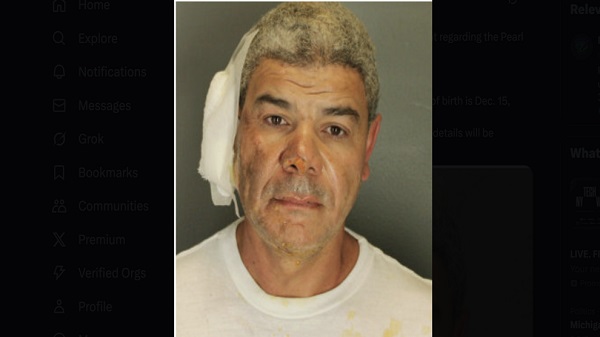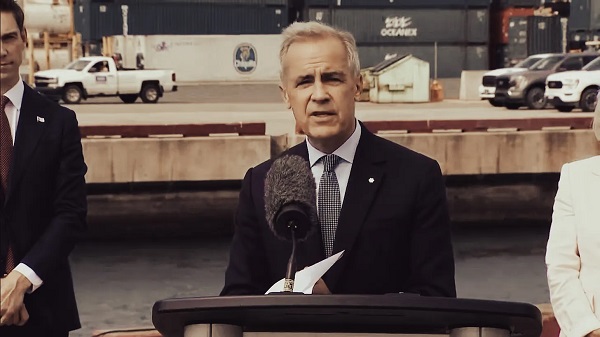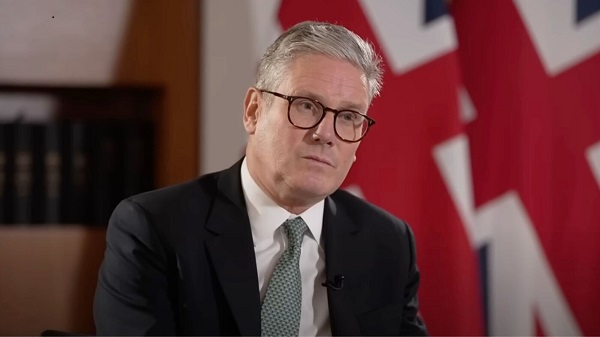From The Center Square
By
The man charged in Sunday’s terrorist attack in Boulder told law enforcement that he had no regrets for his actions and would “do it again” if released.
Mohamed Sabry Soliman, a 45-year-old Egyptian national illegally in the country, is being held in the Boulder County Jail on a $10 million bond.
White House press secretary Karoline Leavitt addressed the attack at Tuesday’s White House briefing, calling Soliman a “monster” and the attack “pure evil.”
Soliman had long premeditated the attack at Boulder’s Pearl Street Mall, authorities said at a press conference on Monday.
“He had been planning this attack for a year,” said Acting U.S. Attorney J. Bishop Grewell for the District of Colorado. “He acted because he hated what he called ‘the Zionist group.’”
The attack started at 1:26 p.m. when multiple people were set on fire during a pro-Israel event organized by Run for Their Lives, an organization that advocates for the return of Israeli hostages from Gaza.
“Witnesses reported that the suspect used a makeshift flame thrower and threw an incendiary device into the crowd,” the FBI stated. “The suspect was also heard to yell ‘Free Palestine’ during the attack.”
Twelve people were injured, with two remaining in the hospital, as of Monday evening.
The criminal complaint filed on Monday by the United States Attorney’s Office for the District of Colorado alleges that the attack could have been much worse.
“At least fourteen unlit Molotov cocktails and a backpack weed sprayer, potentially containing a flammable substance, were found nearby,” a press release from the attorney’s office stated.
It also stated that Soliman told law enforcement that “he wanted to kill all Zionist people and wished they were all dead.”
The city of Boulder released a statement on Monday calling it a “targeted, antisemitic attack.”
“We are united in condemning this hateful act of terror against Jewish people,” it said. “We understand that for our Jewish community, dread and insecurity, backed by a history of persecution, are all too familiar. We cannot – and will not – allow antisemitism to become normalized here.”
Soliman was arrested at the scene and now faces multiple felony charges, including a federal hate crime charge involving actual or perceived race, religion, or national origin. If convicted on all charges, Soliman faces hundreds of years in jail.
Multiple law enforcement agencies are working together on the investigation and to bring charges against Soliman.
“What you see here today is us standing shoulder to shoulder, ensuring that justice is done in response to this tragic and terrible attack,” said 20th Judicial District Attorney Michael Dougherty on Monday. “We are united in our commitment, both at the federal level and the state level, in pursuing and securing justice for the victims of this mass attack and for the communities that we serve.”

















